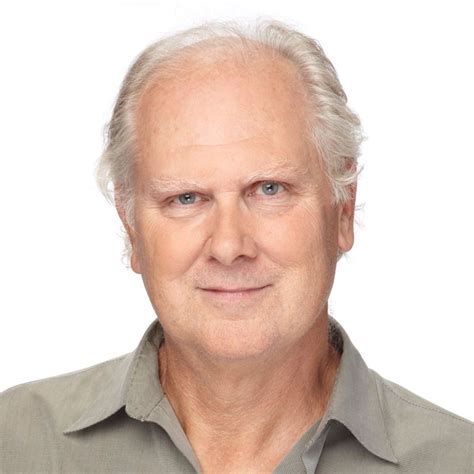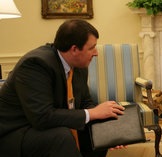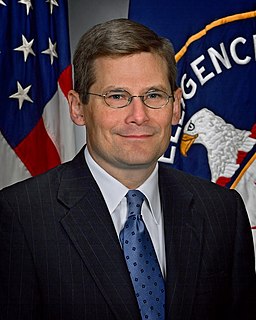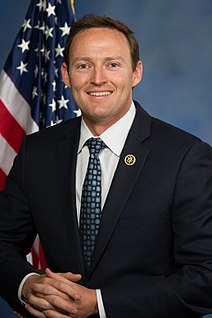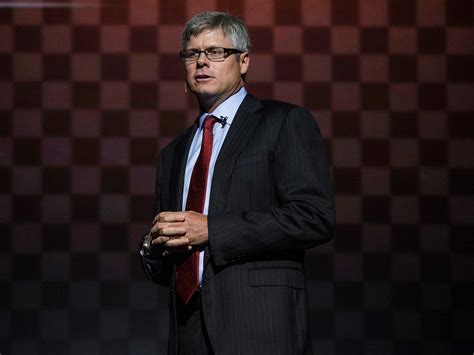A Quote by Philip Elmer-DeWitt
In a Time/CNN poll of 1,000 Americans conducted last week by Yankelovich Partners, two-thirds said it was more important to protect the privacy of phone calls than to preserve the ability of police to conduct wiretaps. When informed about the Clipper Chip, 80% said they opposed it.
Related Quotes
Today, Americans of all political stripes are coming to a similar, sad realization about our president. A recent Fox News poll asked Americans 'How often does Barack Obama lie to the country on important matters?' Thirty-seven percent said 'most of the time,' 24 percent said 'some of the time,' and 20 percent said 'only now and then.' Just 15% said 'never.'
In the chip business, our higher-tier products are actually becoming more expensive because more and more of the functionality of the phone comes into the chip itself. So we have been grabbing content on the phone at a time when the phone is becoming more and more like a PC in terms of things it can do.
When I was arrested opposing the war in Vietnam in 1965, as I said about 20 or 30% of people were opposed to the war. By 1968, more than half of Americans were opposed to the war. If you pull in Europeans, Canadians, people from around the Third World, the war was vastly unpopular. But even half of Americans by 1968 opposed the war.
You essentially have a human-relations database on millions of Americans. The administration said, "Well we're not listening to calls, we don't collect content." As [Vice President] Joe Biden said when he was a United States senator, you don't need to listen to those calls. If you have who somebody called, when and where, and you learned, for example, somebody called a psychiatrist three times in the last few days and twice after midnight, you know a lot about that person that they may not want people to know about them, especially the government.
Everyone talks about how we're on our phones all the time, but the fact remains that when I'm away on a film set for two months, I can Skype my family. I remember the phone calls my parents had to make when my dad was away for a while when I was younger - that once-a-week expensive phone call! The time pressure on talking to your father!
The doctor said, 'He can't last a week.' And I did. And they said, 'There's no way this kid's going to last a month.' And I did. And so they said, 'Two years. He's not going to make it.' Two years. 'Five years. He can't do that.' I lived to be five years. 'He's never going to hit double digits.' And here I am, a new teenager.
While it is true that many people simply can't afford to pay more for food, either in money or time or both, many more of us can. After all, just in the last decade or two we've somehow found the time in the day to spend several hours on the internet and the money in the budget not only to pay for broadband service, but to cover a second phone bill and a new monthly bill for television, formerly free. For the majority of Americans, spending more for better food is less a matter of ability than priority. p.187
